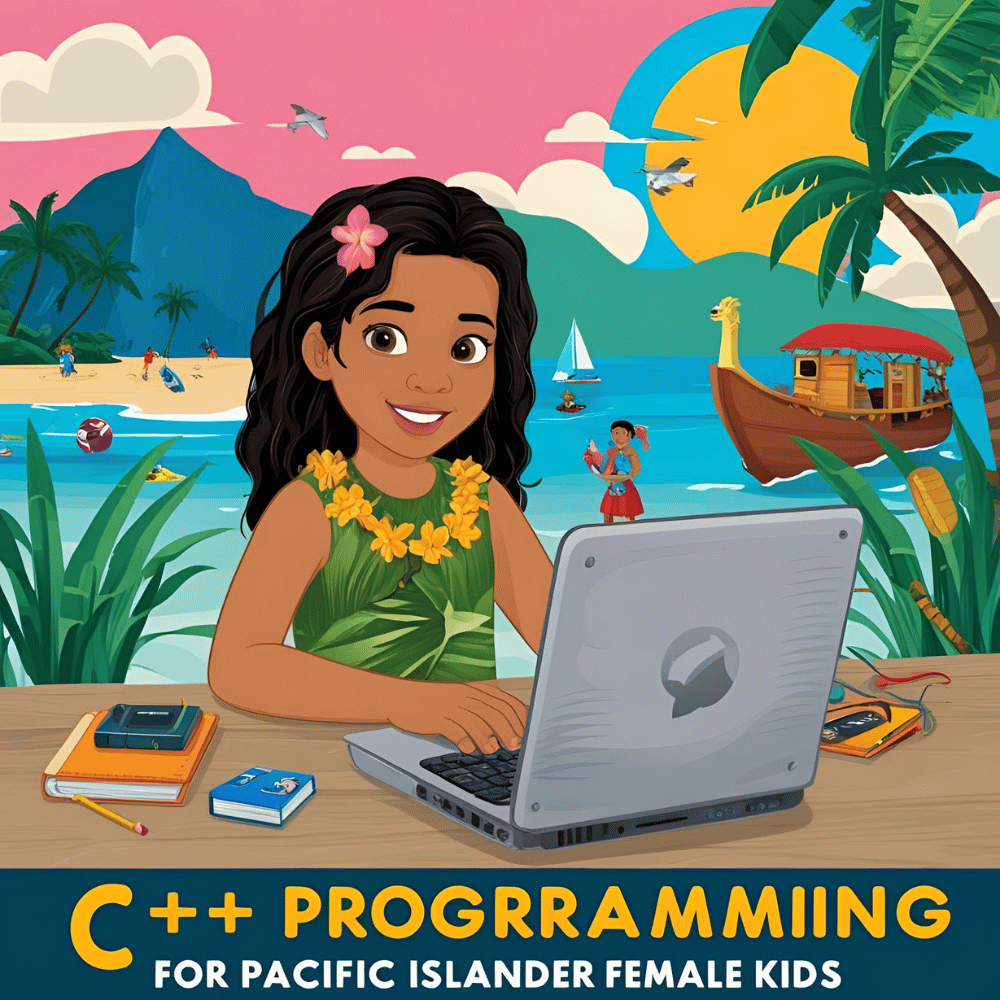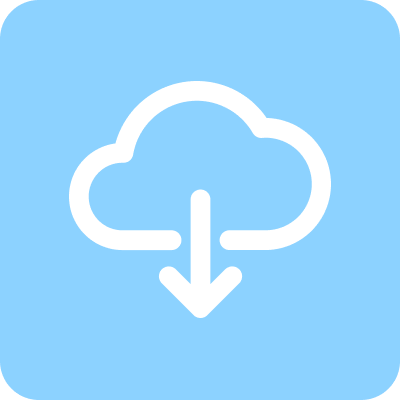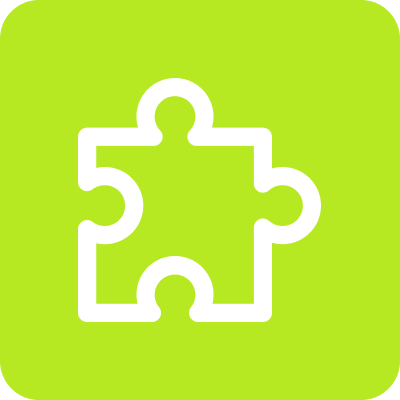August 8, 2019
January 20, 2023
14
3


Outdoor learning and tending.

Outdoor learning and tending.

Outdoor learning and tending.
C++ might sound like a big word, but it’s a fun and powerful tool that helps kids think like real problem-solvers and future tech creators!
C++ is one of the most important and widely used programming languages in the world. From building video games to controlling robots and even powering apps, C++ is everywhere! Learning C++ helps kids understand how things work behind the scenes in computers and technology.
By starting early with C++, kids get to develop:
It’s a great choice for children who are ready to go beyond the basics and explore deeper computer science concepts in a structured and fun way.
C++ also builds a strong base for learning other complex languages in the future like Java, Python, or even advanced robotics and AI.
Age Group: 12-15
Level: Beginner to Intermediate
Format: 1-hour sessions (can be adjusted)
Basic understanding of programming concepts is helpful (like Scratch or Python)
Received overcame oh sensible so at an. Formed do change merely.
Have a question or need help? Get in touch with us—we’re here to assist you with anything you need!
PlutoCoder is a fun online learning platform where kids explore coding, creativity, and technology through interactive classes.
Copyright © 2025 plutocoder.online | Created by smartbuddiz.com
Social Chat is free, download and try it now here!